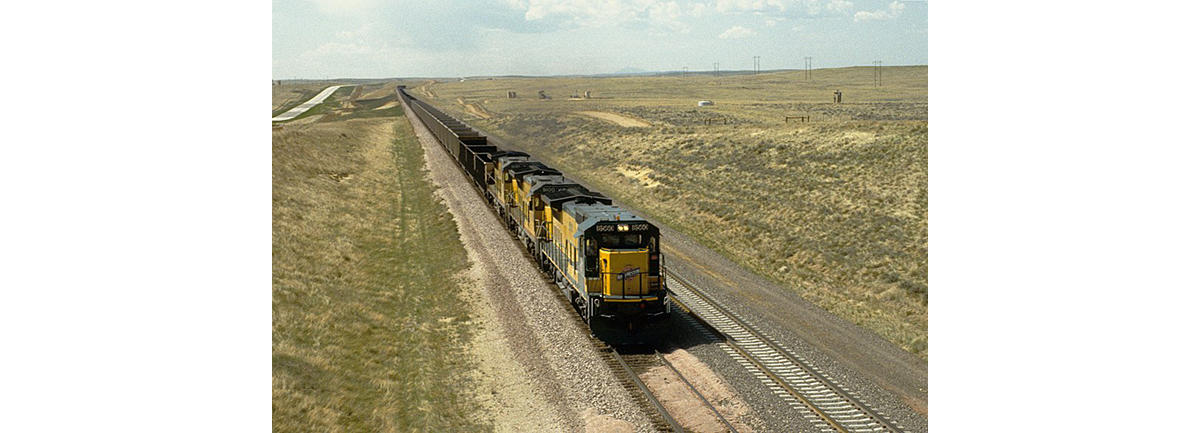Lighthouse Resources Inc., the main backers of a proposed coal export terminal on the Columbia River at the Port of Morrow, have announced they are abandoning the project. This is likely the final nail in the coffin for this project, which was denied a permit by the Oregon Department of State Lands in 2014 for numerous reasons, including violations of tribal treaty fishing rights. An appeal on that decision continues by the Port of Morrow but without Lighthouse to back the proposal a coal terminal is unlikely to ever develop.
Morrow Pacific would have shipped 8 million metric tons of coal by barge through the Columbia River Gorge National Scenic Area, doubling barge traffic on the Columbia River. Lighthouse now claims the coal will be transported by rail to the Westshore terminal in Canada, which is
currently the largest coal export terminal in North America.
This terminal is the primary source of existing coal transport through the gorge and along rail routes in the Pacific Northwest. Westshore currently has a capacity of 33 million tons of coal, but is only expected to export 24 million tons this year due to
coal companies cutting export volumes. Typically only around 30 percent of the coal exported out of Westshore originates from U.S. mines, but all coal exports have declined in recent years due to the plummeting price of thermal coal in the global export market.
These existing shipments of coal through the Gorge to Westshore are one of the main reasons Friends of the Columbia Gorge and other groups are currently involved in a lawsuit against BNSF railroad. Coal is transported in uncovered hopper cars and coal dust and debris discharged from these trains contaminates the Columbia River and its tributaries. Releasing pollutants like coal into waterways is a violation of the Clean Water Act. This lawsuit will go to trial in November. Coal is also currently transported by BNSF through the Gorge to a coal-fired power plant in Centralia, WA but that plant is scheduled for closure in 2025.
Market pressures, denial of needed regulatory permits, and opposition from tribes and groups such as the Power Past Coal coalition (which includes organizations such as Friends of the Columbia Gorge, Columbia Riverkeeper, Sierra Club, and others) have resulted in the cancellation or abandonment of 5 out of 6 coal export terminals throughout Oregon and Washington in the last few years. These terminals would have exported
128 million tons of coal per year, all of which would have come through the Gorge.
The last remaining coal export project is the Millennium coal terminal proposed for Longview, WA. This project would have a capacity of 44 million tons a year, making it the largest coal export terminal in the United States. Lighthouse also owns that proposal. There will be hearings on the draft environmental impact statement for the project on Oct. 24 in Longview and on Oct. 25 in Ridgefield. The public is encouraged to attend and submit comments on the proposal. The comment period is open until Nov. 29.
